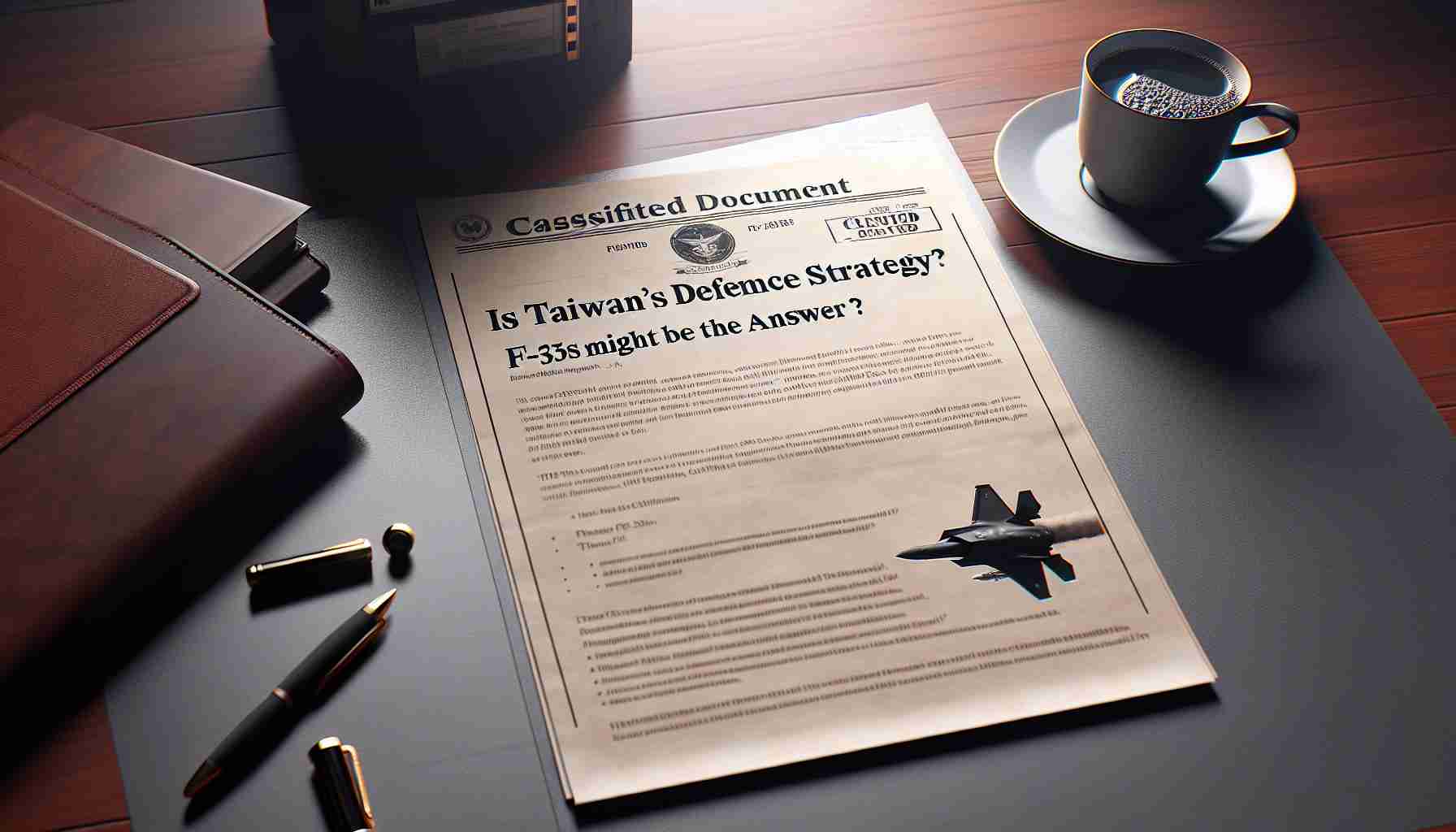In light of potential aggression from mainland China, Taiwan is actively exploring options to bolster its defense capabilities. The island’s government is contemplating acquiring advanced military assets, including Lockheed Martin’s F-35 Lightning II stealth fighters and additional Patriot missile systems.
While the acquisition of the F-35 fighter jets could demonstrate Taiwan’s commitment to defending its sovereignty, experts express skepticism about the effectiveness of such a move. They argue that the steep costs and lengthy delivery times of these cutting-edge jets may not address Taiwan’s immediate security needs.
Analysts suggest that Taiwan might benefit more from acquiring decommissioned U.S. Navy vessels or investing in robust Anti-Access/Area Denial (A2/AD) systems. These alternatives could be more effective at thwarting potential Chinese amphibious assaults.
As discussions continue, the self-governing island, viewed by Beijing as a renegade province, underscores its resolve to enhance its military strength. Reports indicate that Taipei is considering placing an aggressive request for American military technology, including both the F-35 jets and additional Patriot missiles, to show its serious approach to defense.
This strategic move would align with the calls from the U.S. for its allies to take on greater defense spending. As Taiwan weighs its options, this defense package could signal a significant shift in its military posture amidst escalating regional tensions.
The Unseen Impact of Taiwan’s Defense Upgrades on Global Technology and Security
As tensions continue to simmer between Taiwan and mainland China, Taiwan’s pursuit of advanced military capabilities has captured international attention. Yet, the implications of these potential defense upgrades extend far beyond mere military strategy. The move may catalyze technological innovations and lead to shifts in global security dynamics that reverberate through various sectors.
Intriguing Developments in Technology
Taiwan’s consideration of acquiring Lockheed Martin’s F-35 Lightning II stealth fighters is not just a defense story. These jets are a marvel of modern technology, capable of integrating with advanced information and communication systems. Their acquisition could spur local technological growth, fostering a wave of innovation that extends to civilian applications. Taiwan has long been a hub for semiconductor manufacturing, crucial for both civilian and military technologies. The integration of such sophisticated military assets could lead to new developments in electronics, potentially boosting Taiwan’s already significant role in the global tech industry.
Advantages and Disadvantages
On the one hand, Taiwan’s military enhancements could deter potential aggression, contributing to regional stability. The F-35 and Patriot missile systems represent some of the most advanced military technologies available, potentially enhancing Taiwan’s defensive capabilities significantly.
Conversely, the decision comes with steep financial costs, which may strain Taiwan’s resources. Additionally, the long lead times associated with such acquisitions might not align with Taiwan’s immediate security needs. There’s also the risk of escalating tensions further with China, which might respond with increased military activity in the region.
Controversies and Global Security
The potential acquisition raises several questions about international alliances and defense spending. Would such military investments encourage regional arms races? Is there a risk that increasing military capabilities might provoke rather than prevent conflict? Taiwan’s actions could prompt neighboring countries to reassess their own defense strategies, potentially leading to a ripple effect of military escalations in the Asia-Pacific region.
What Does This Mean for Humanity and Innovation?
The quest for enhanced military capabilities often leads to technological advancements that benefit civilian sectors. Historically, military investments have paved the way for developments in various fields, including medicine, communications, and transportation. Could Taiwan’s defense upgrades inspire similar technological ripples? Or will the focus remain strictly on military preparedness?
Conclusion
Taiwan’s defense strategy is a complex tapestry intertwining technology, economics, and geopolitics. The decisions taken today could shape not only Taiwan’s future but also the trajectory of technological innovation and security strategies worldwide. As nations globally observe Taiwan’s moves, the conversation continues about the appropriate balance between military spending and technological progress as means of securing peace and prosperity.
For further reading on related technologies and global defense dynamics, visit Lockheed Martin and Raytheon.







